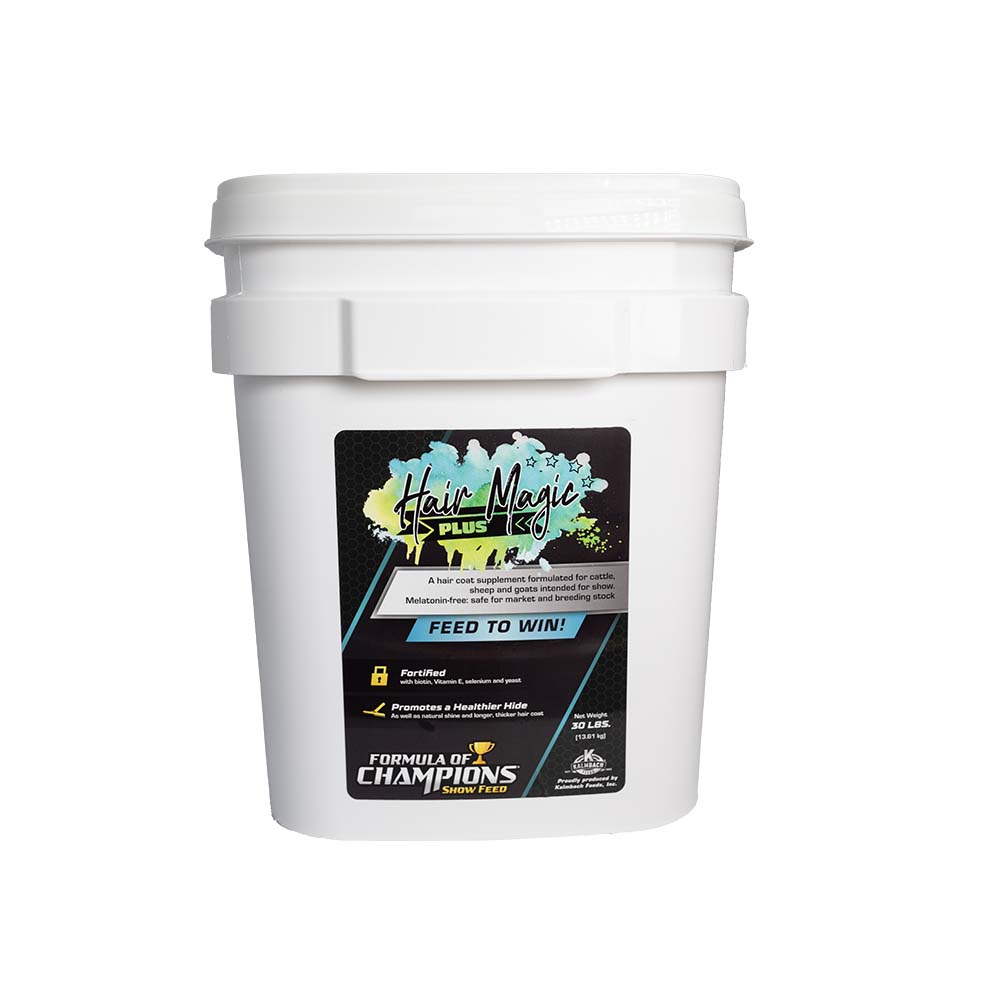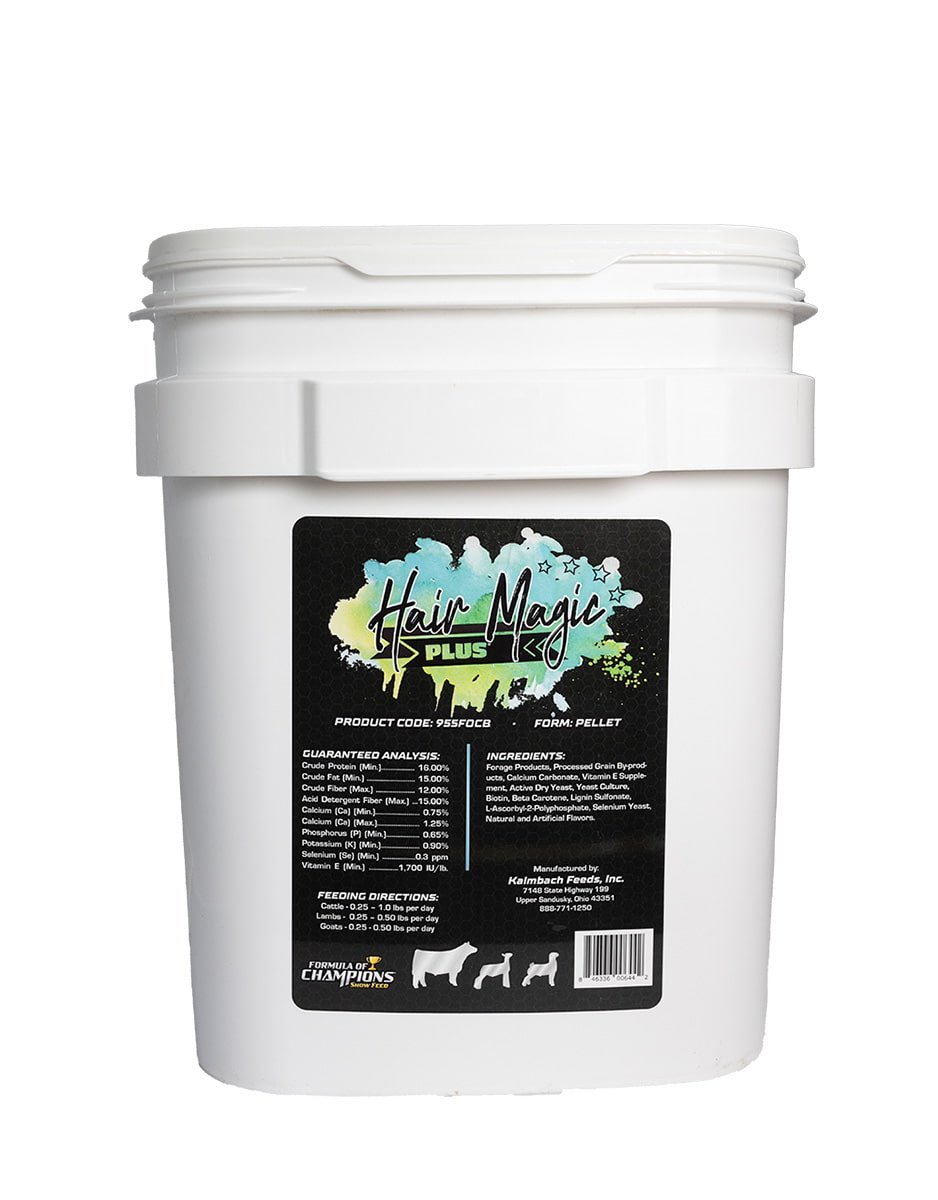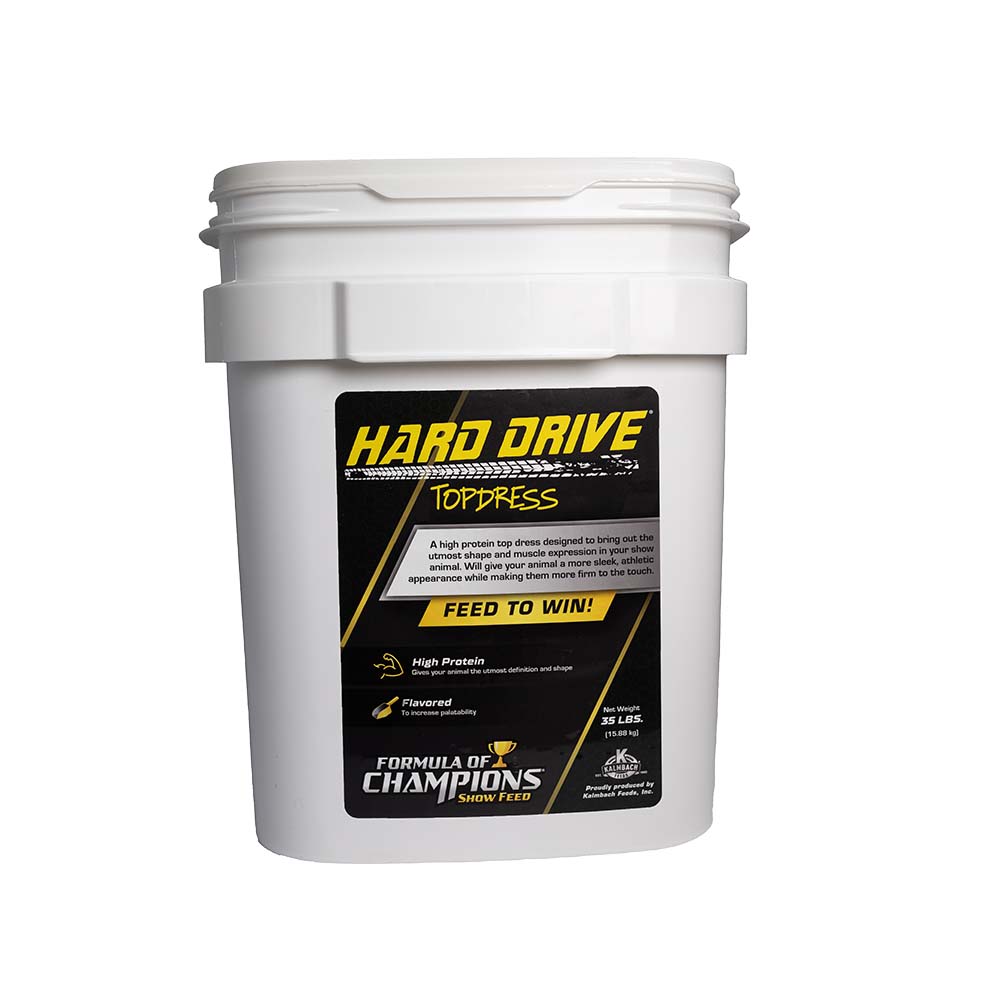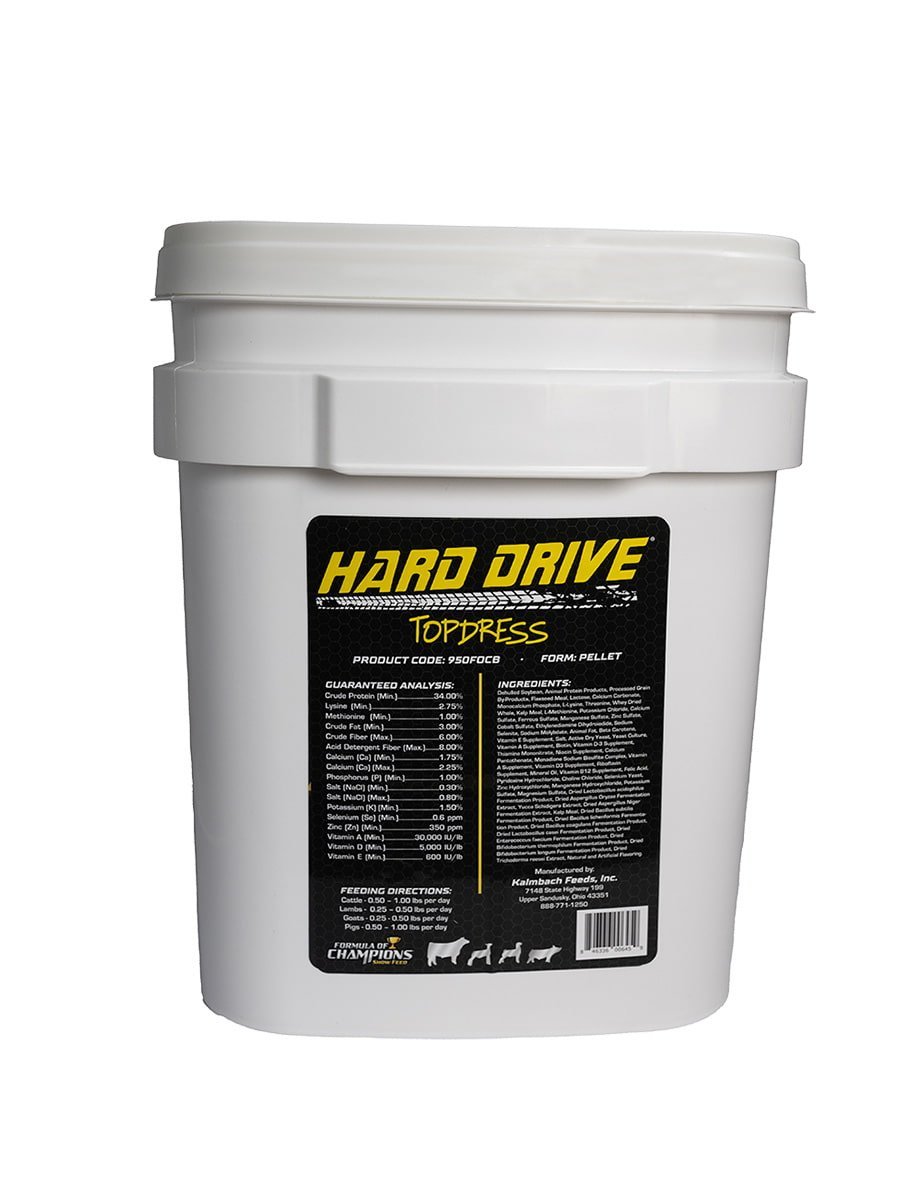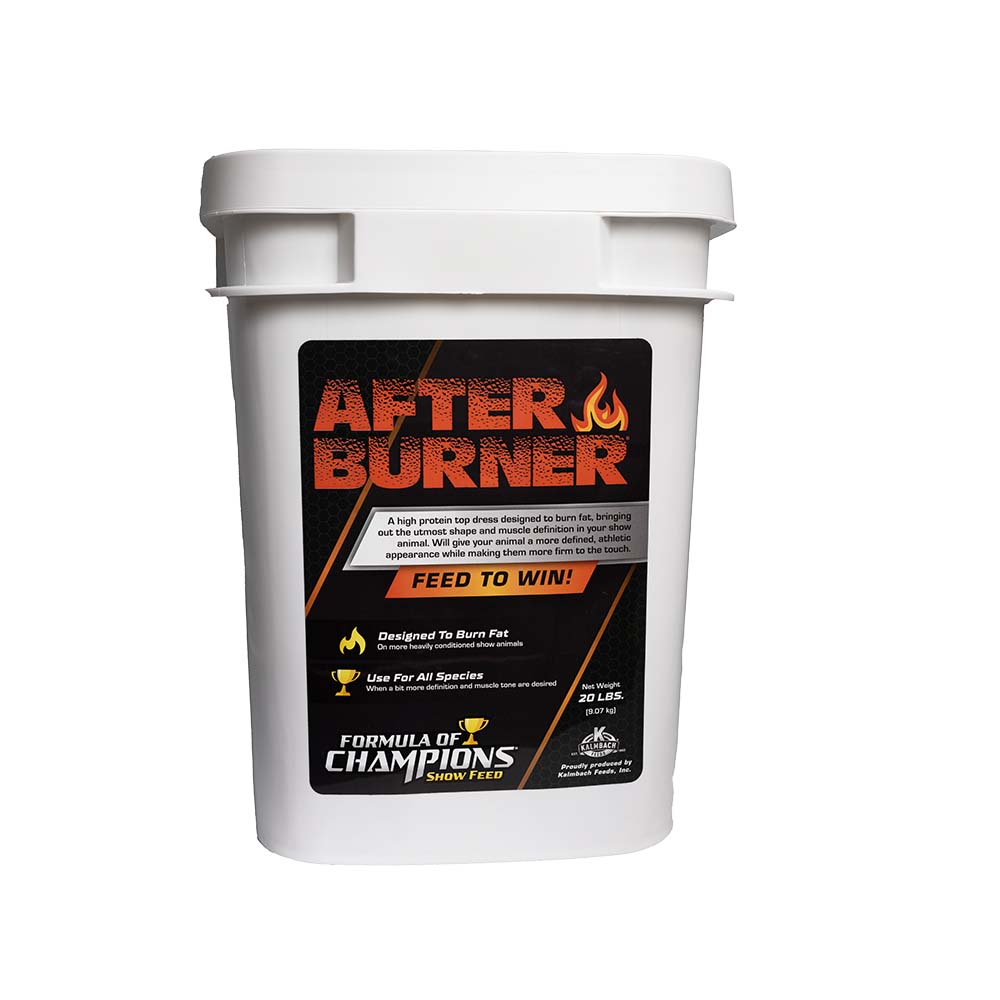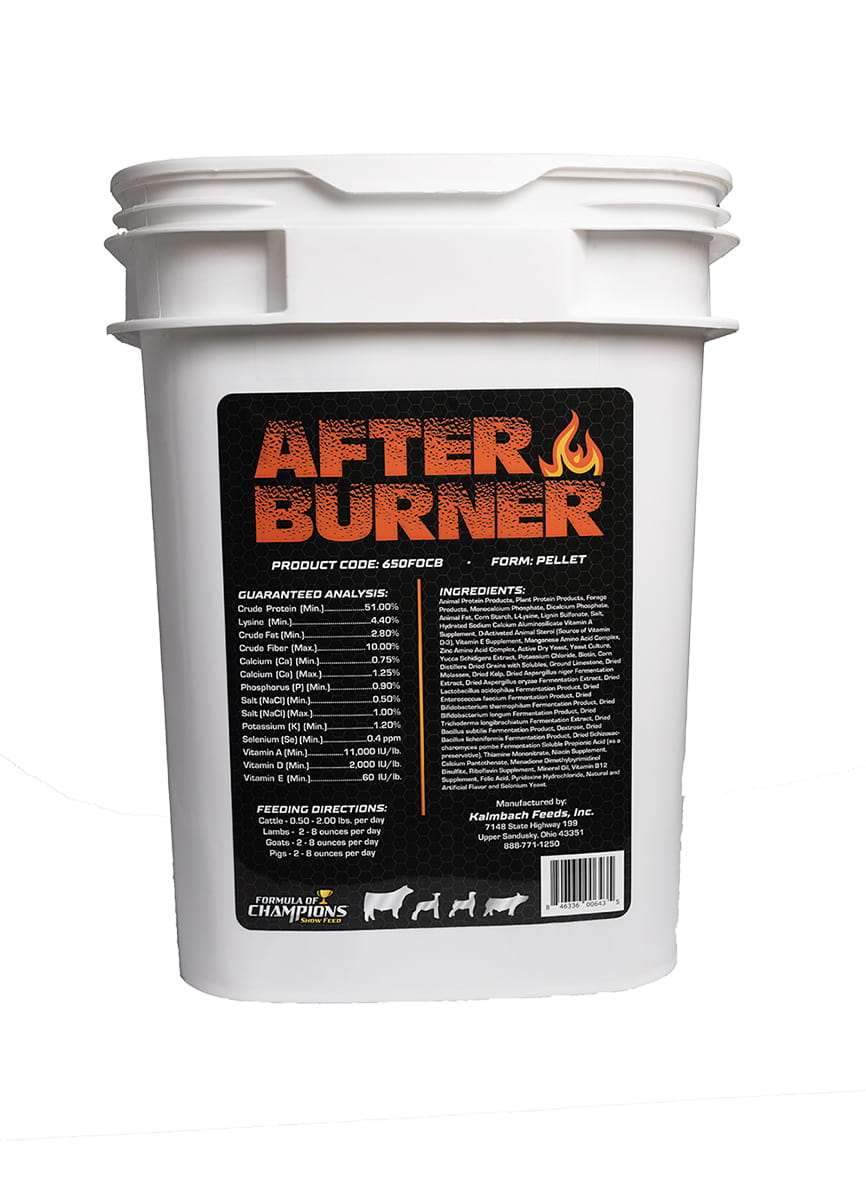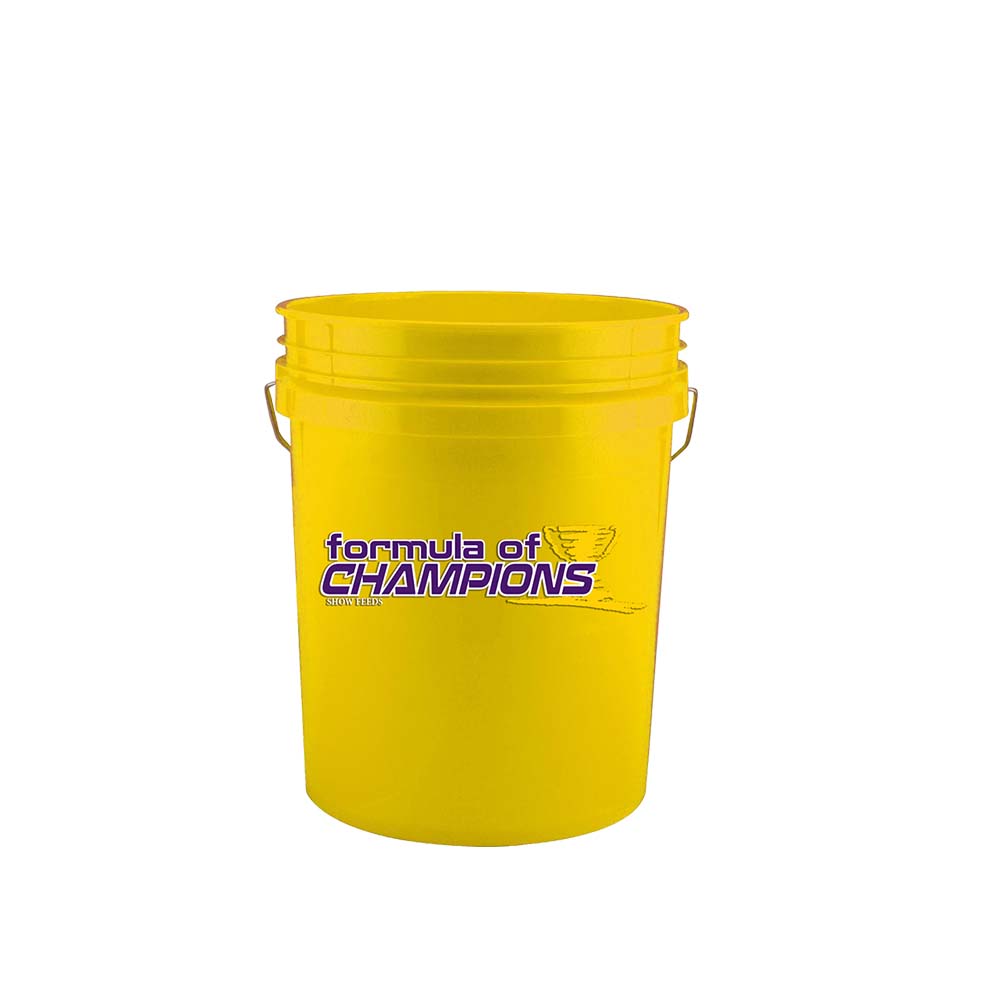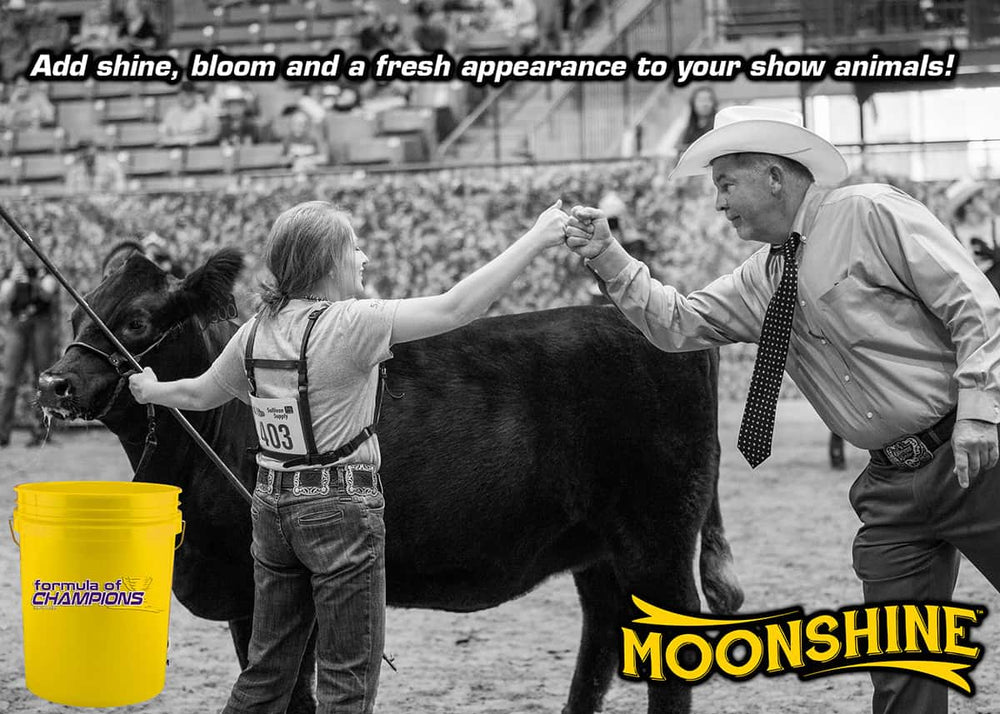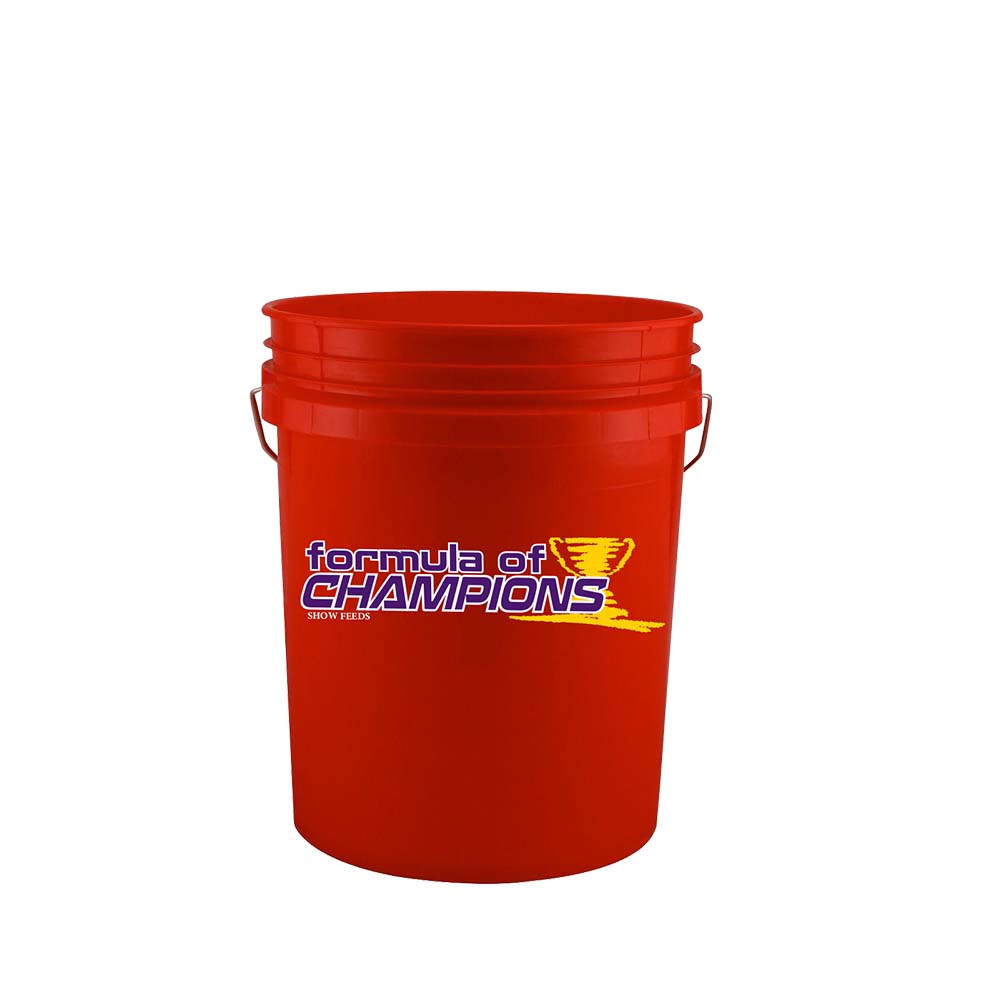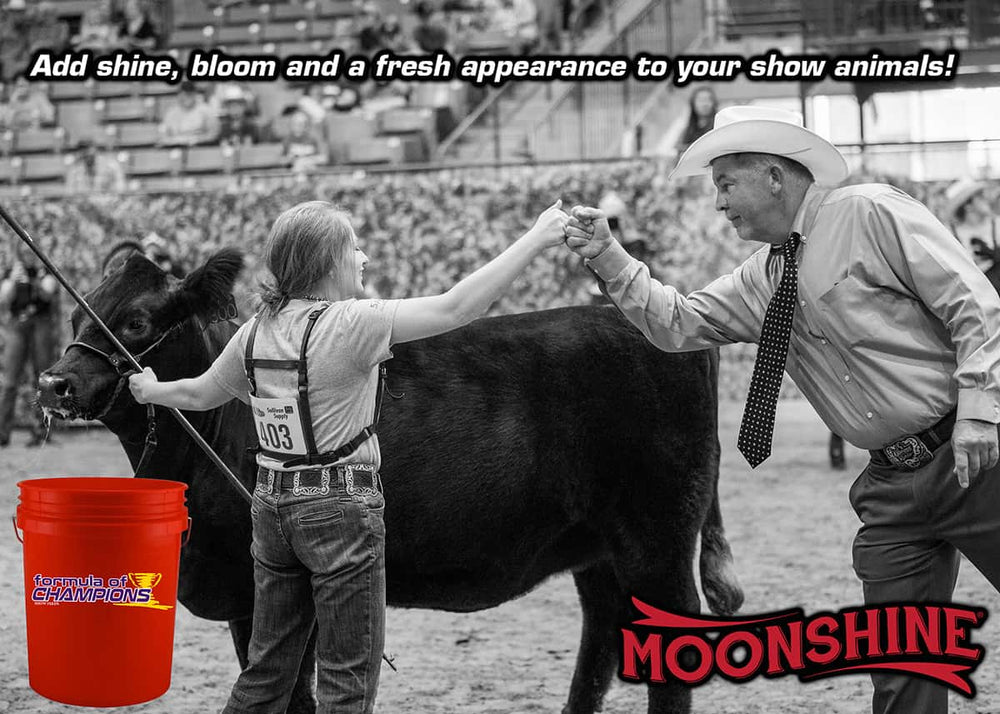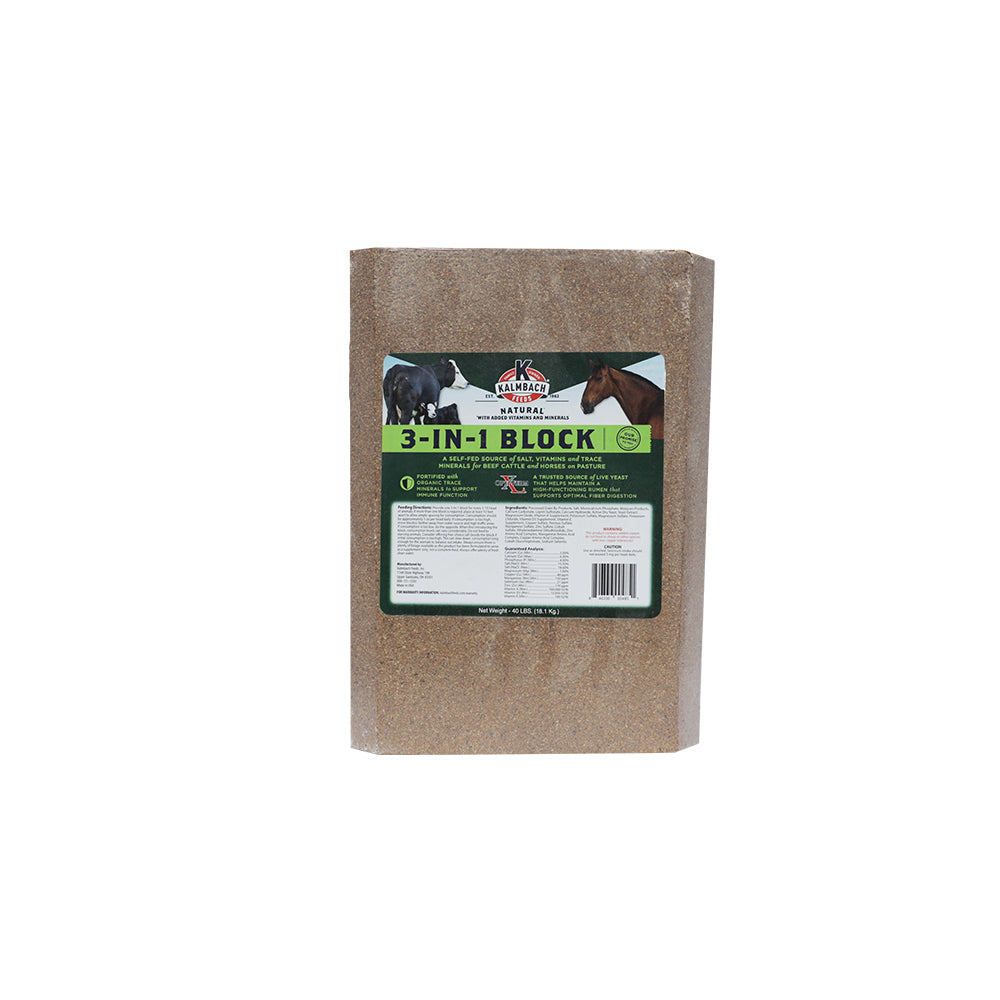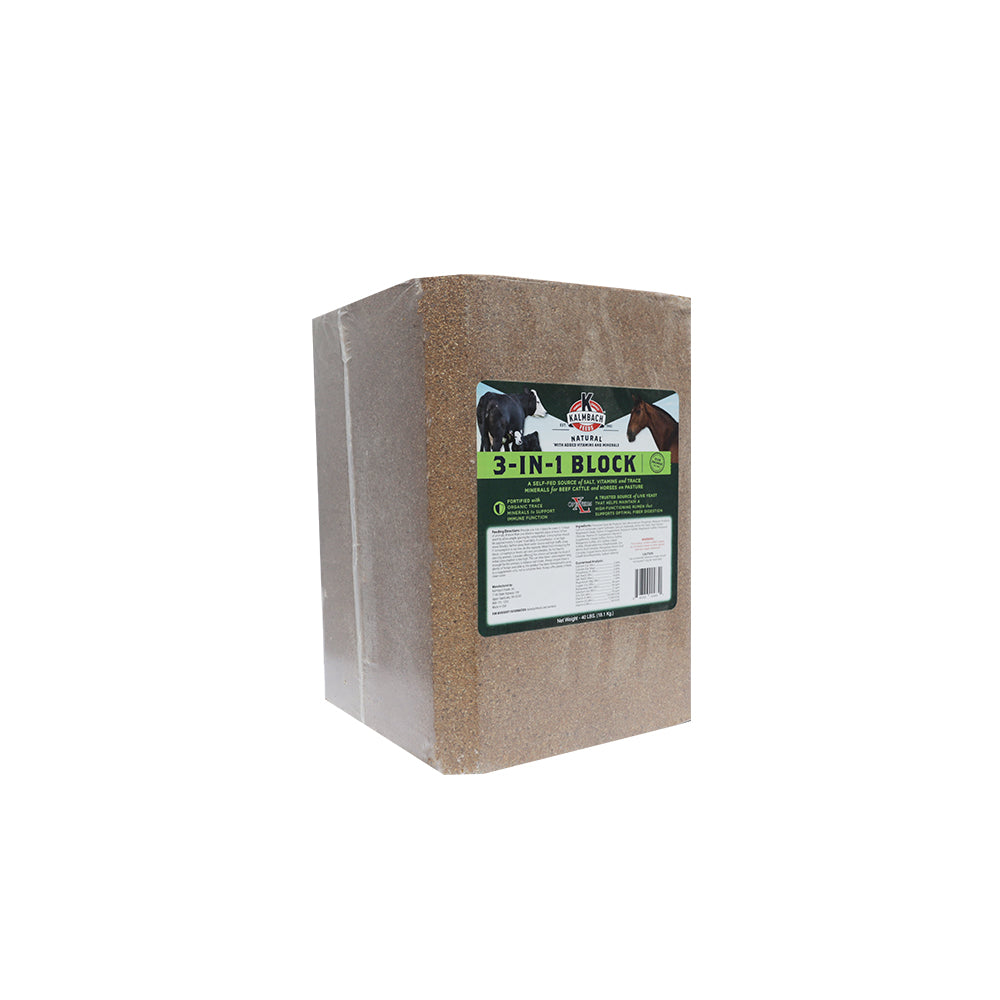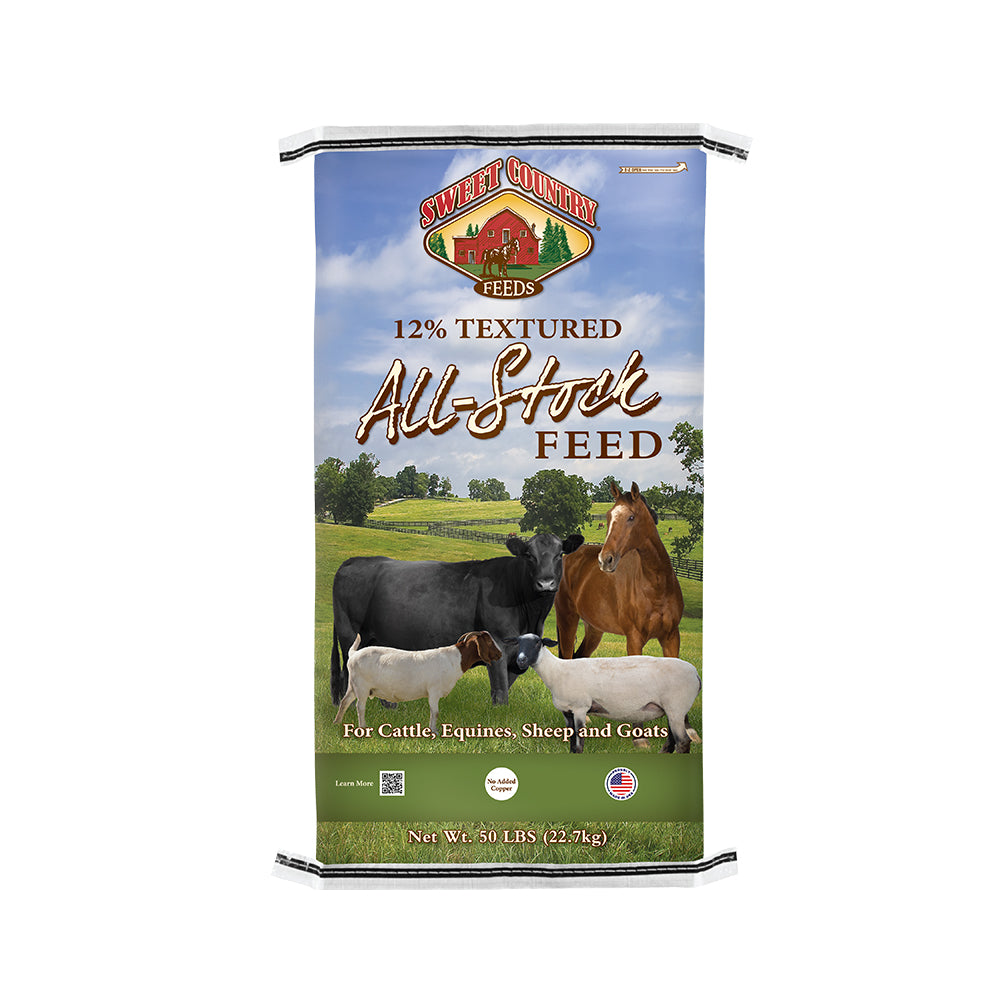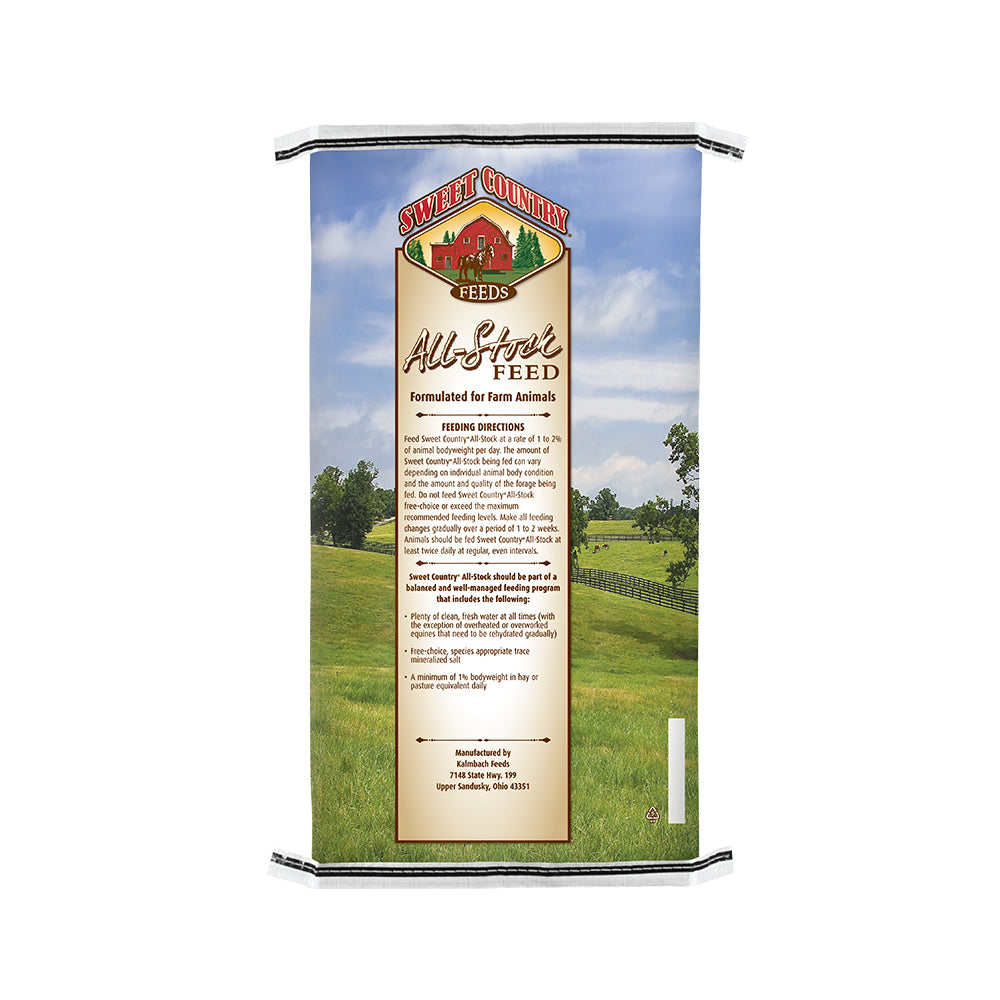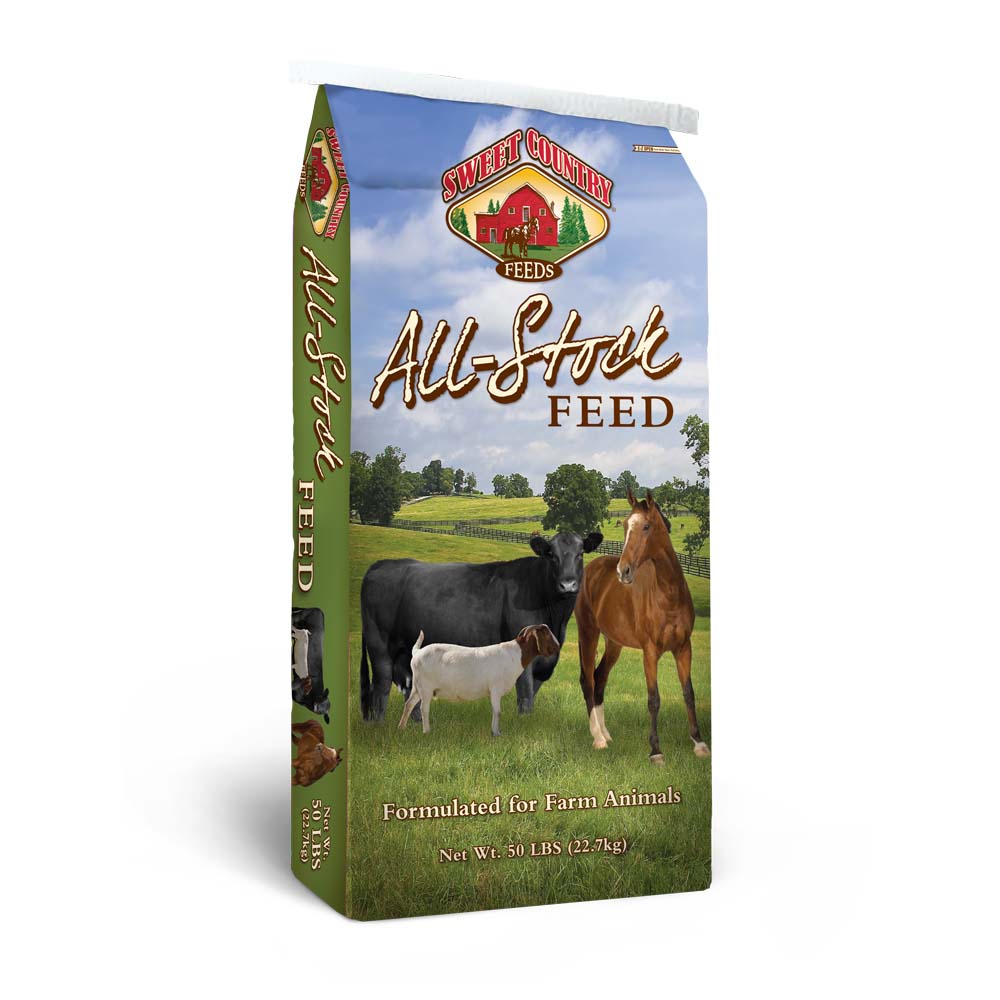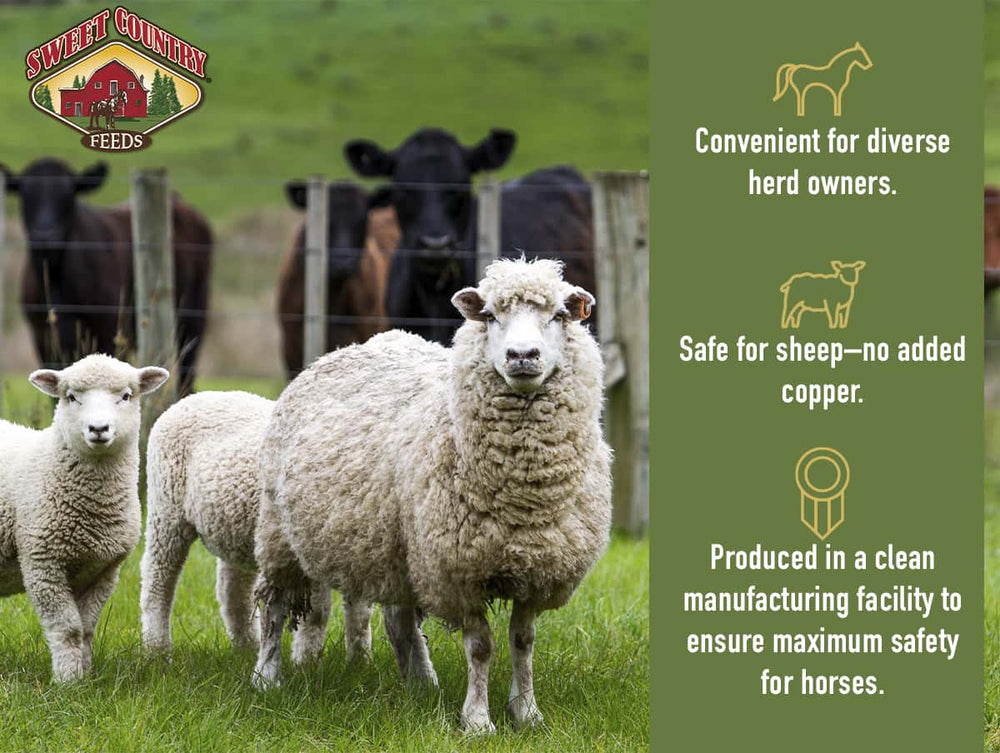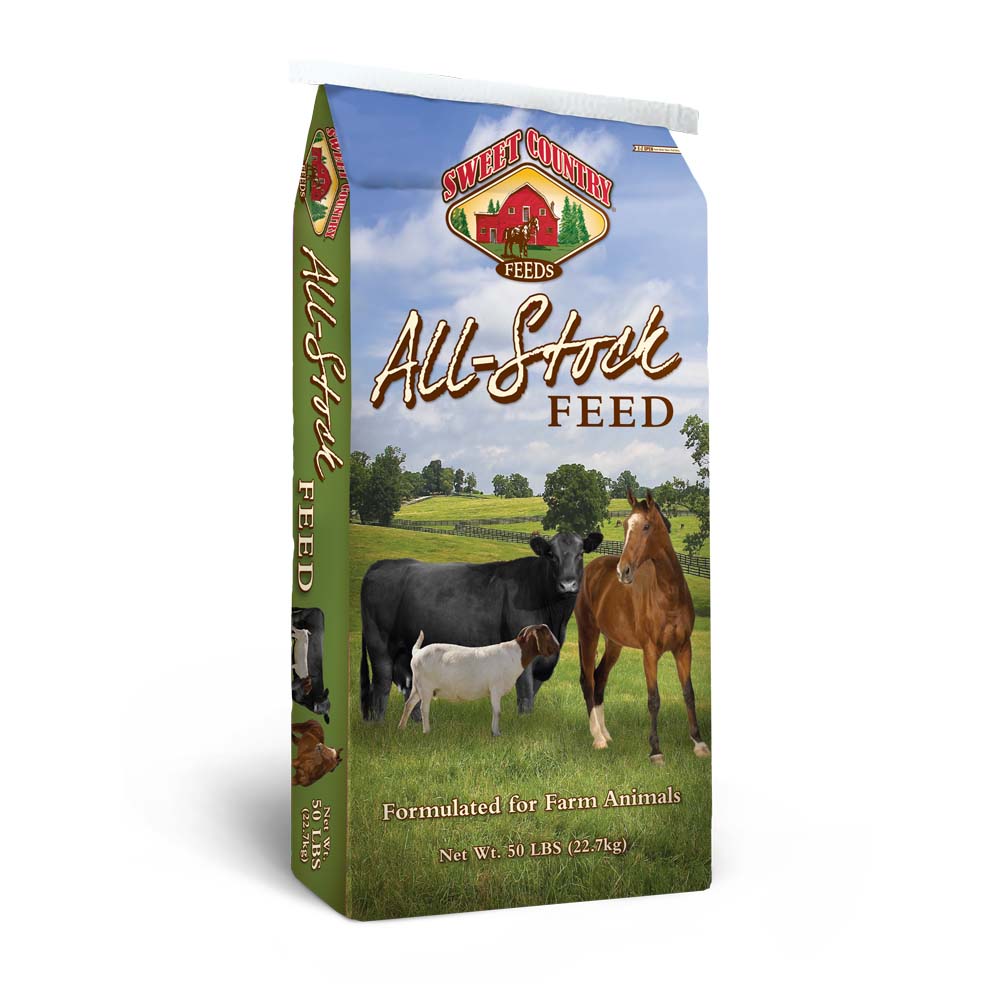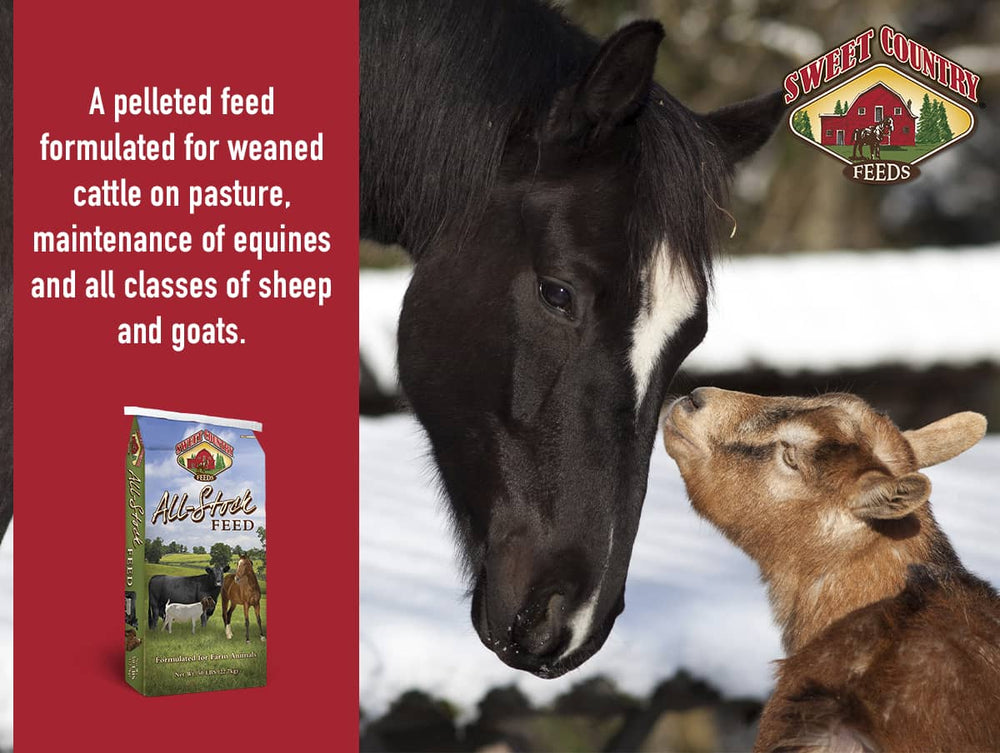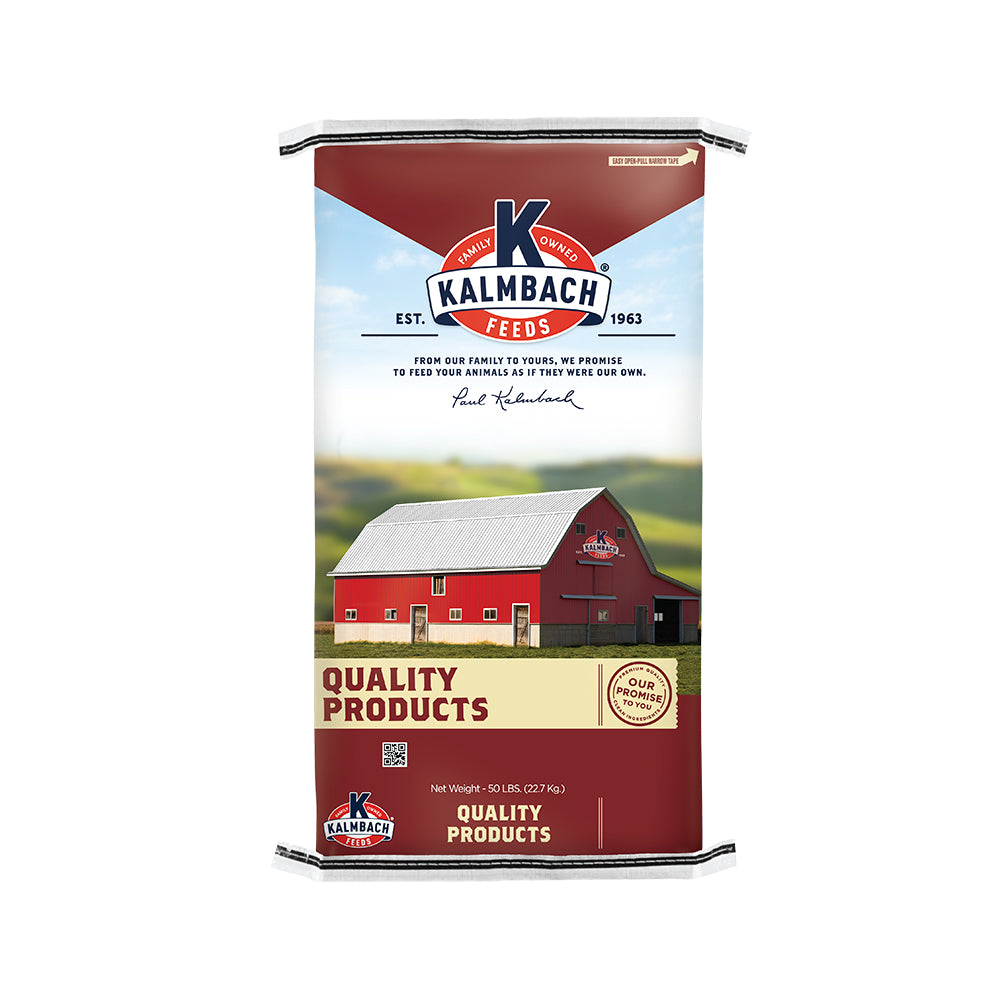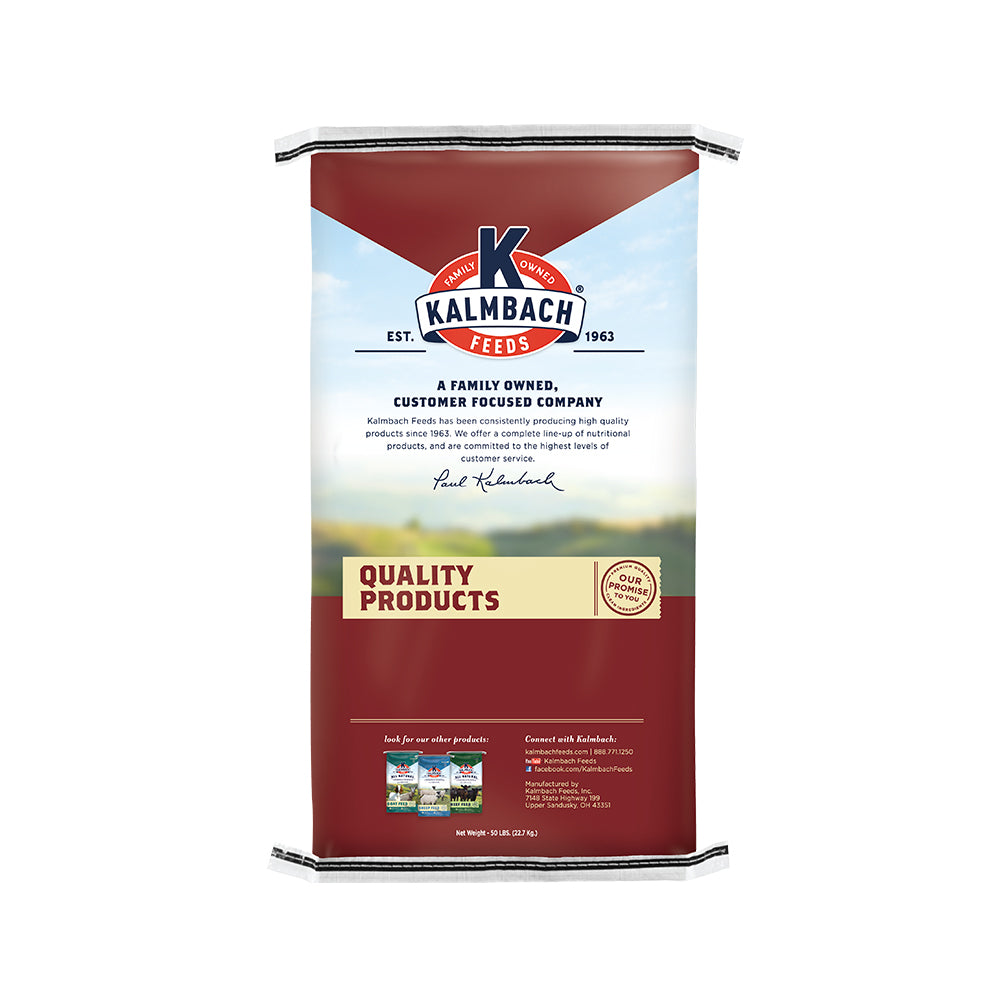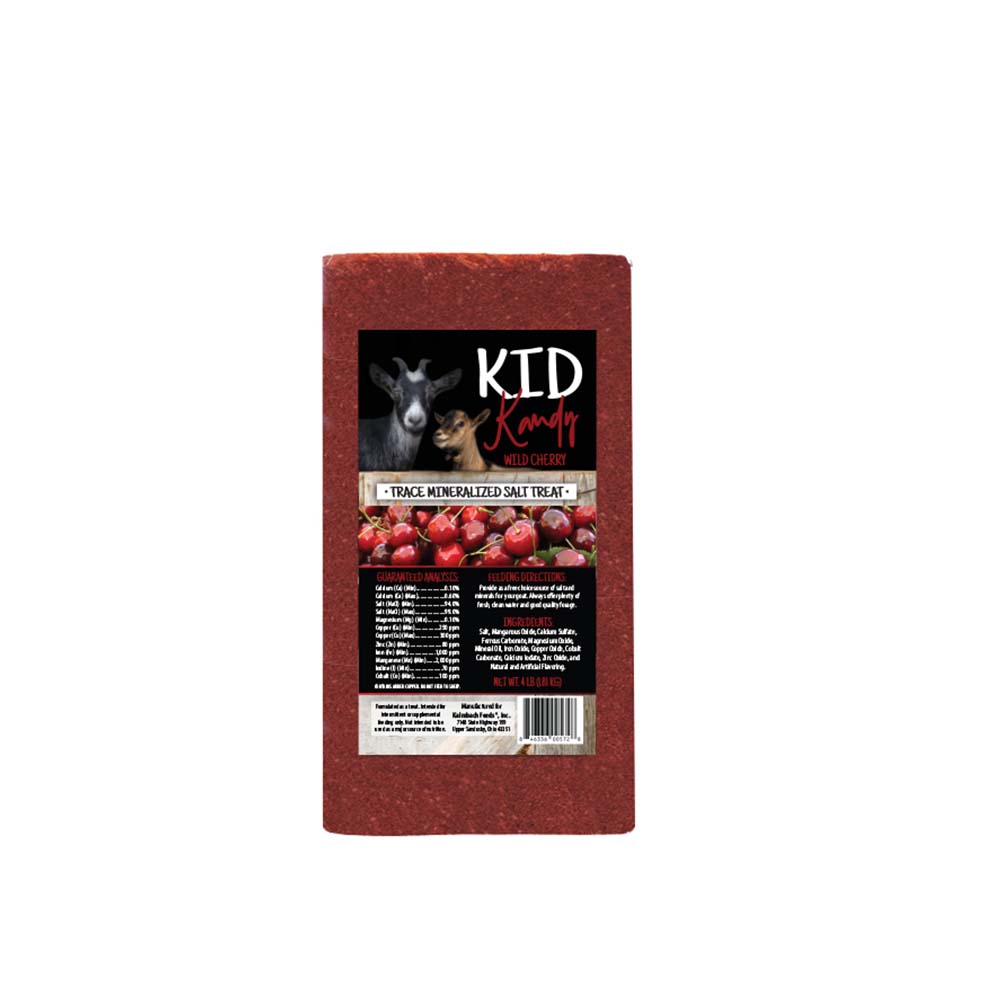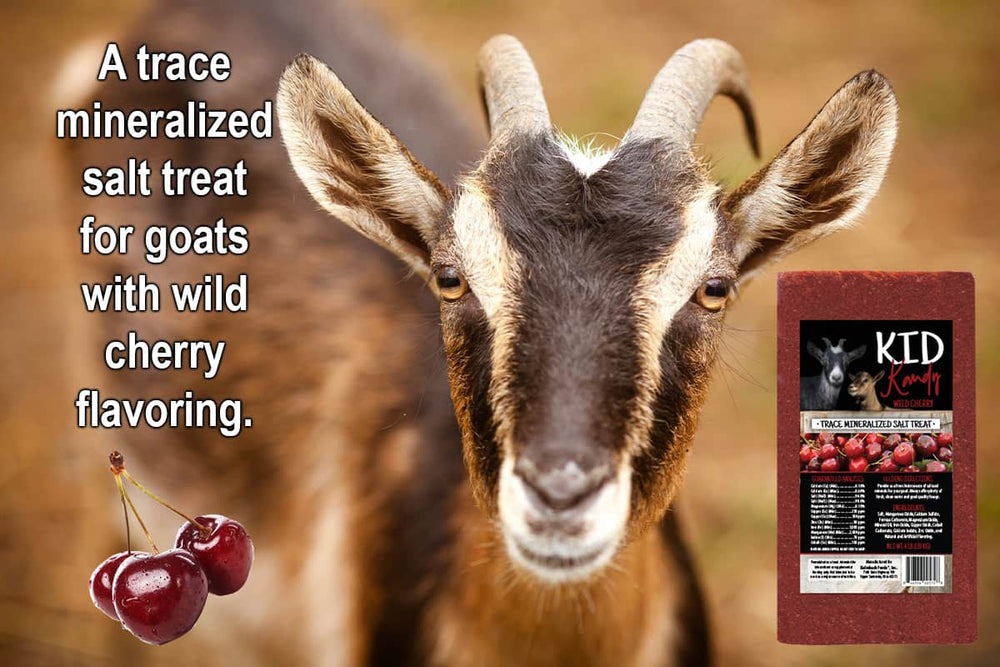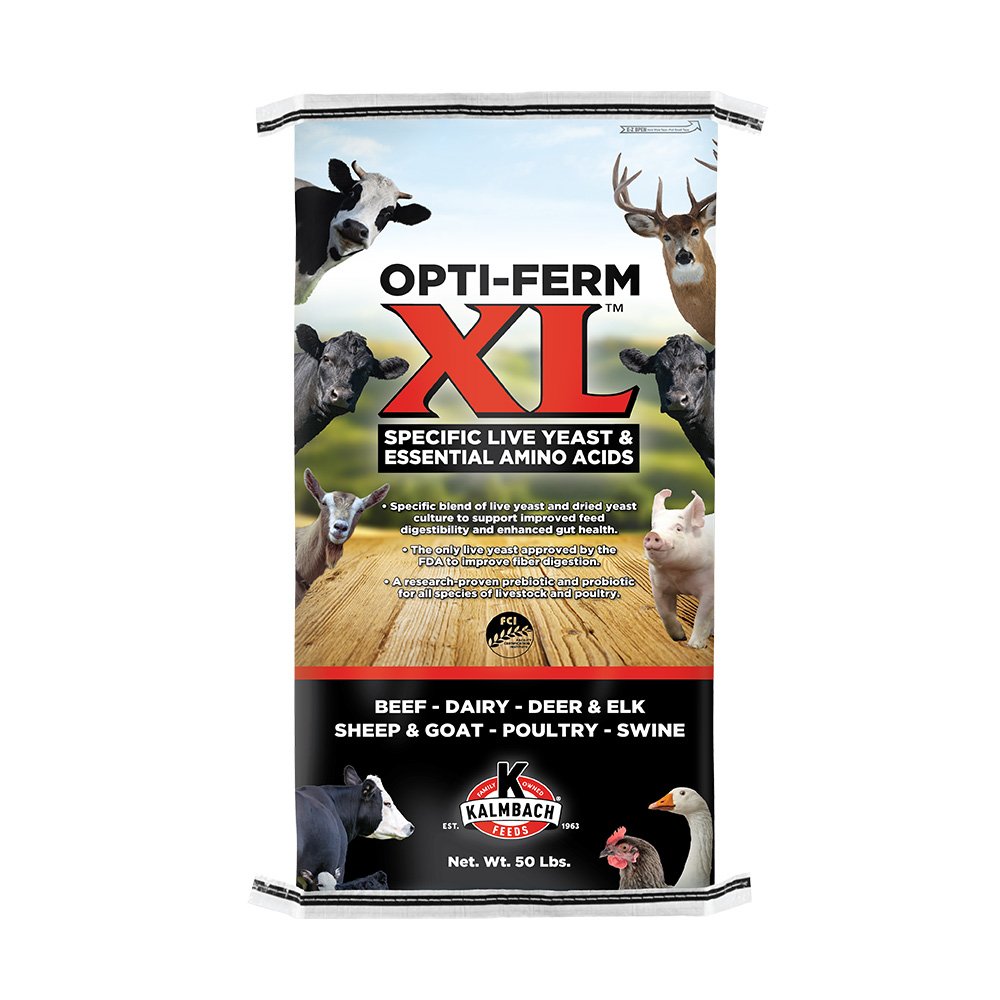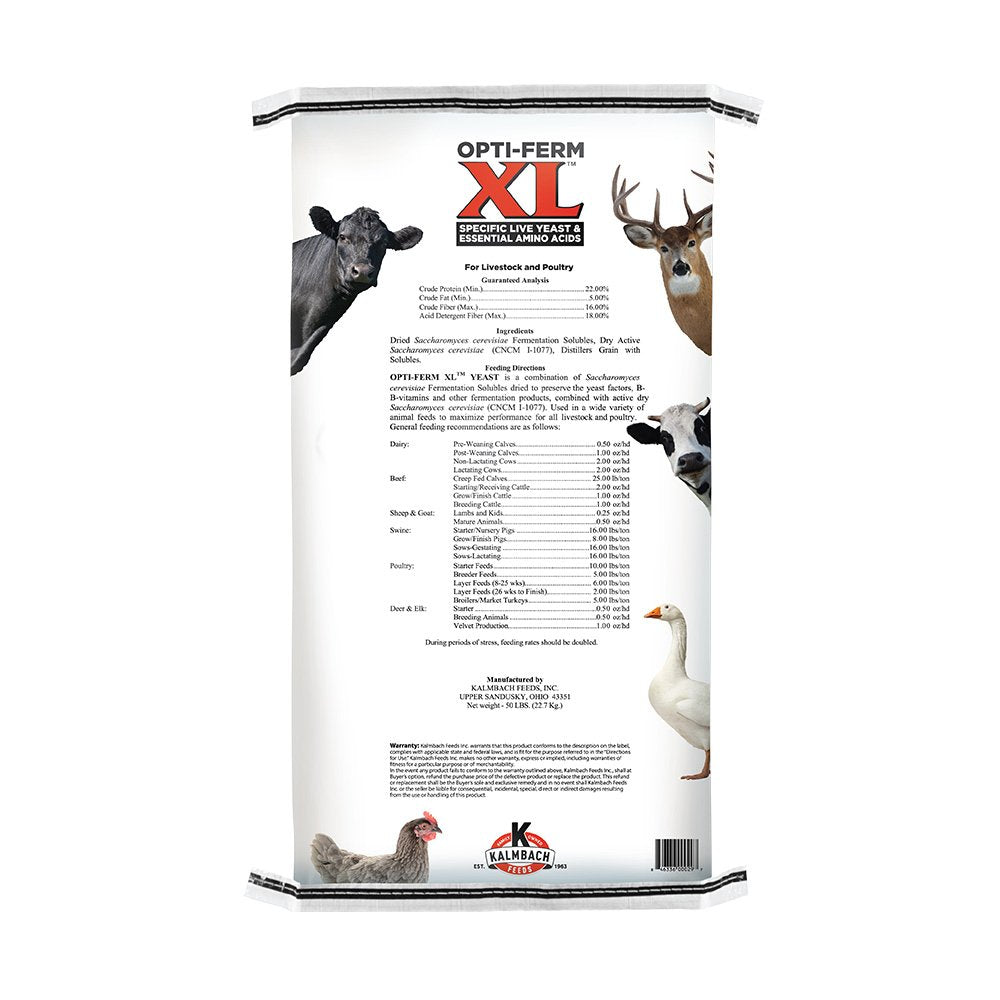
Goat Feed and Supplements
Common Goat Feed FAQs
Goats do best on a diet that provides quality forage, like hay or pasture, and a fortified source of vitamins and minerals to meet their nutrient requirements. Forage should comprise most of their diet, as it allows for necessary fiber for proper digestion. Supplemental goat feed can be added for energy, protein, and minerals, especially for growing or lactating goats. It’s best to choose feed or minerals formulated explicitly for goats to ensure a balanced nutritional intake and support long-term health.
Always rely on approved, high-quality goat feed and forage, and check with an agronomist if you have concern about specific toxic plants in your pastures. Foods high in sugar, caffeine, or fats–such as bread, chocolate, and processed snacks–should be avoided as they can disrupt digestion. For example, everyday items in kitchen waste like onions, garlic, and potatoes can also cause digestive upset. Treats and vegetables should only be fed in moderation and not as a dietary staple.
An adult goat generally needs 2% of its body weight in total feed daily, including forage and supplemental feed. For example, a 100-pound goat might require around 2 pounds of total feed daily. Adjust amounts for specific needs, such as growth, pregnancy, or lactation, and monitor physical condition to ensure proper nutrition without overfeeding. Learning how to assess a Body Condition Score (BCS) can help you make good feeding decisions for your herd.
Goats thrive on a regular, consistent feeding schedule. Ideally, forage is available at all times. Feeding twice daily provides a consistent routine, helping reduce stress and supporting digestion. Forage can always be available, and whole grains and supplements should be offered in controlled amounts to prevent overeating. A regular schedule also makes monitoring feed intake easier.
Yes, goats do require minerals. Provide a goat-specific mineral block or loose mineral mix to supplement their diet, as goats’ mineral needs differ from those of other animals. Offering minerals ensures balanced nutrition and helps prevent deficiencies.
Yes, overconsumption of grain can lead to serious digestive issues like bloat and acidosis. Dietary changes should be made gradually, by blending old and new food and slowly introducing new feed over the course of 5-10 days. Focus on providing forage as the primary component of their diet.
Feed is best offered in combination with free-choice forage and clean water. Include a mineral supplement formulated for goats and feed in clean, raised areas to avoid contamination. In group settings, multiple feeders reduce competition and stress among goats, helping ensure each animal has proper access to nutrition.




